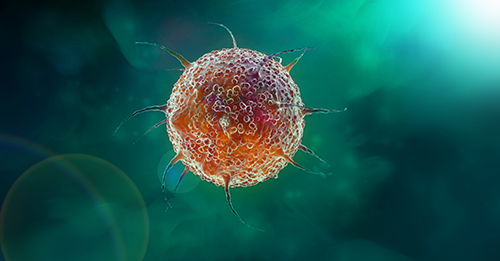- +852 4750 3485
- info@mycancerinfo.org

Circulating Tumor Cells (CTCs) are whole cancer cells that have broken away from a primary tumor and entered the bloodstream. Unlike ctDNA, which consists of DNA fragments, CTCs are intact living cells that carry genetic and protein information.
Studying CTCs provides insights into how cancer spreads (metastasis) and can be used for diagnosis, prognosis, and treatment monitoring through a simple blood test (liquid biopsy).
✅ With CTCs added, your Cancer A–Z now has a complete blood-based testing cluster:
Learn how liquid biopsy and chemo sensitivity testing can personalize your treatment plan.
Gain knowledge to actively participate in treatment discussions with your healthcare team.
Discover how precision medicine and metabolic therapies can enhance treatment effectiveness.
Empower yourself with knowledge about precision metabolic oncology and take an active role in your cancer care journey.
Our team of oncology experts is here to help you understand your diagnosis and treatment options.